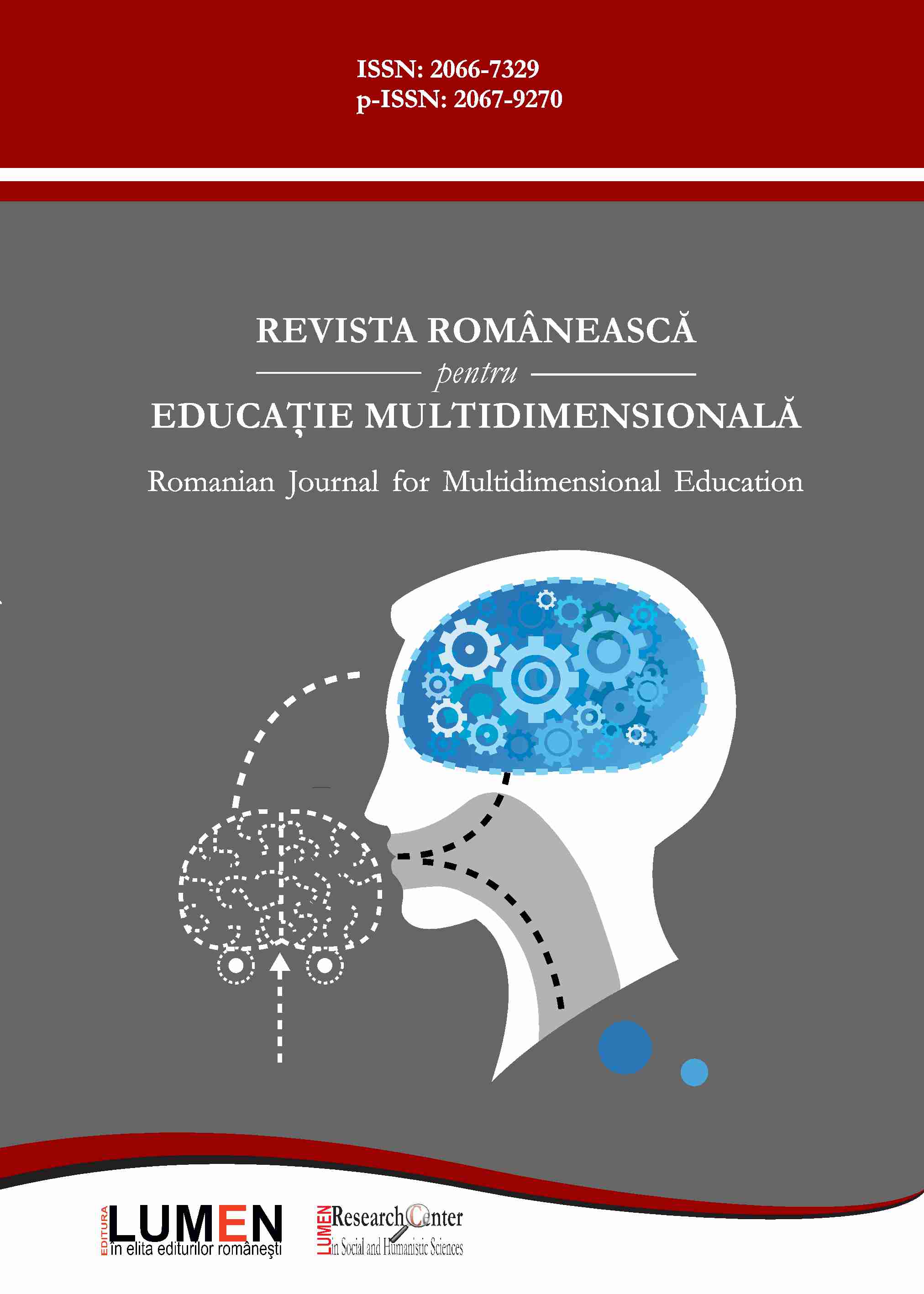Roles and Responsibilities of Teaching Staff in Promoting Interculturalism
Roles and Responsibilities of Teaching Staff in Promoting Interculturalism
Author(s): Roxana Constanța Enache, Ana-Maria Aurelia Petrescu, Camelia Staiculescu, Alina CrişanSubject(s): School education, Educational Psychology, Sociology of Education
Published by: Editura Lumen, Asociatia Lumen
Keywords: interculturalism; intercultural education; European competence; curriculum documents;
Summary/Abstract: Education can, without a doubt, be a long-term solution to the problems of a multi-ethnic and multicultural society. From a defensive and seclusion closure, schools can become places of openings and communication. From an instrument of assimilation and strengthening of nationalistic characteristics, school can become a tool for the formation of young people, which respecting cultural diversity. With the help of sensitization and training actions, of the representatives of the multiethnic institutions of education, as well as of the local public authorities and the representatives of the civil society, the achievement of these objectives and the prevention of possible tensions will be achieved. These actions can turn school into a true community center and allow them to better respond to specific needs. The intercultural perspective must be at the base of the learning process addressed to all, minorities and majority. The implementation of intercultural education activities, especially in communities with a multicultural character, within the part of the curriculum decided by the school, will contribute to a better knowledge among the different communities, but also to the strengthening of the social cohesion at the local level. Also, intercultural education activities should aim to strengthen the links between school and community - civil society, as well as better communication between school and local authorities.In this paper we want to identify the elements of intercultural education existing in the curriculum of the Romanian education and the way in which interculturality can be promoted as a European competence.Intercultural communication as a trainer’s competence should be considered as a priority both from the point of view of European standards and at national level. Therefore, the professors’ concerns should focus primarily on encouraging behaviors, attitudes and values so as to cause the individual to react desirably to fear, anxiety, curiosity, labeling, ethnocentrism etc.; the development of implicit or explicit hierarchical relations between groups and their impact on communication; on exercising the students’ competences to perceive time and space, the rapport between them, the system of values and beliefs, the way of feeling and thinking, the types of behavior, that is, the entire habitus that each individual accomplishes by socializing in the determined cultural environment ; on the development of identity strategies that participants put into practice to defend themselves against destabilization, to affirm their own identity, to integrate in the group, to make a positive image, to differentiate themselves, to individualize
Journal: Revista Românească pentru Educaţie Multidimensională
- Issue Year: XI/2019
- Issue No: 1
- Page Range: 31-40
- Page Count: 9
- Language: English

